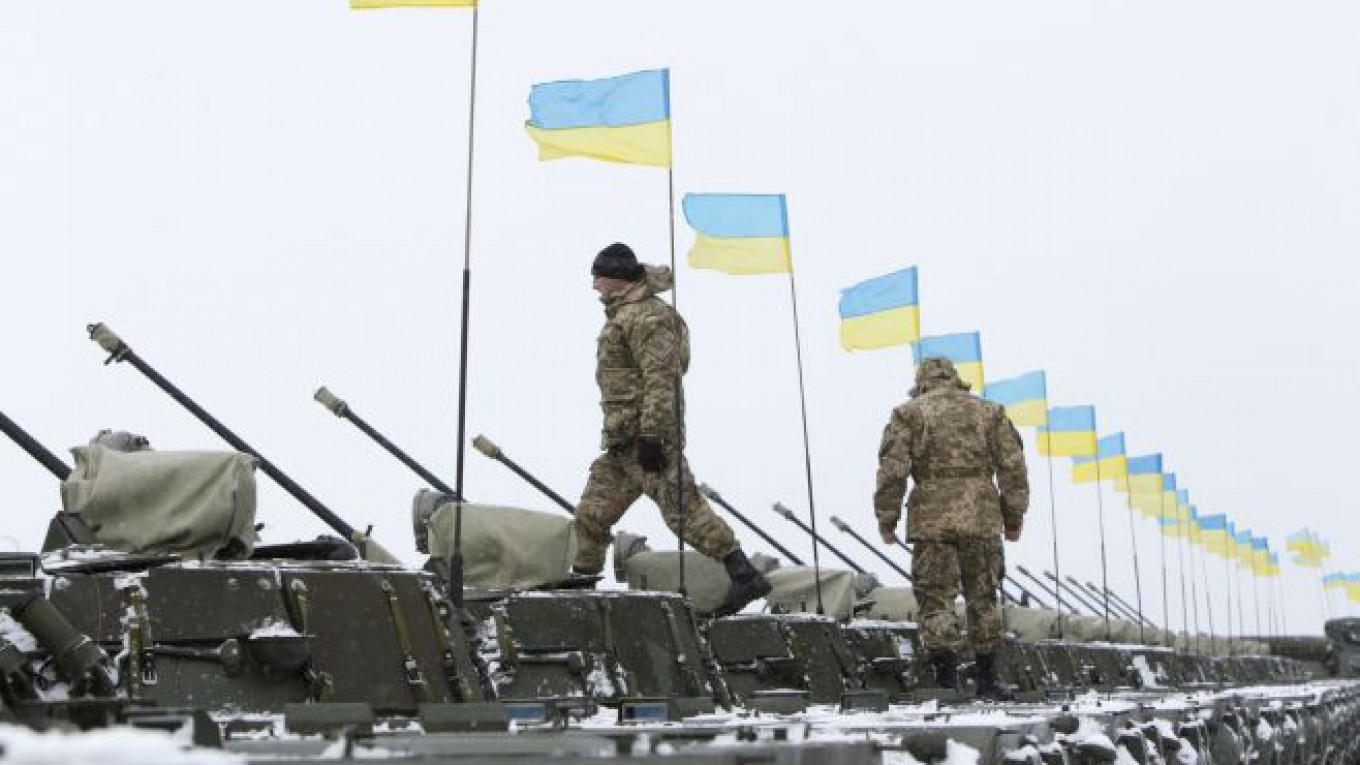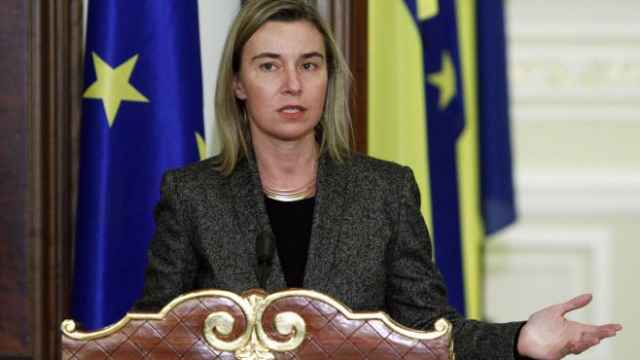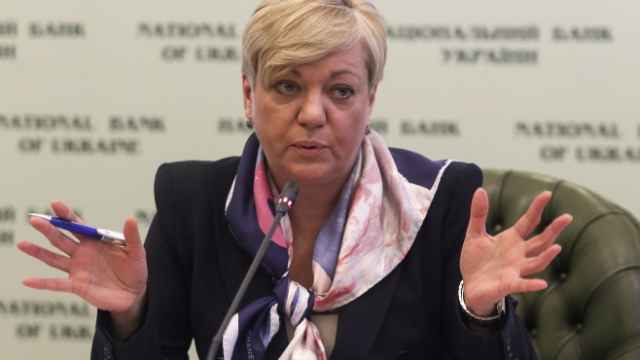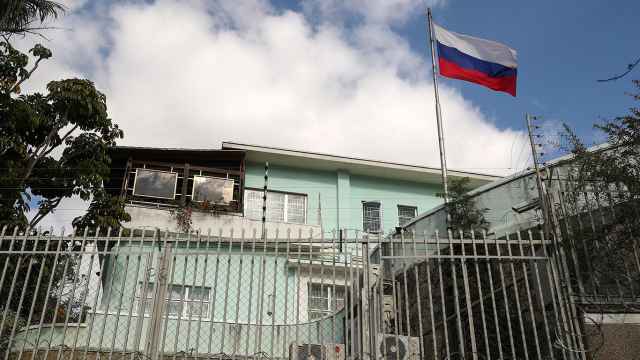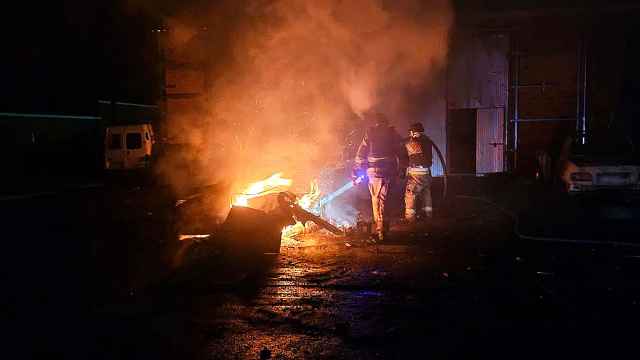BERLIN/KIEV — The foreign ministers of France, Germany, Russia and Ukraine will meet in Berlin on Monday to discuss the situation in eastern Ukraine and the implementation of the Minsk peace plan, Germany said on Friday.
The ministers held a telephone conference and agreed to see each other on Monday to continue their efforts at resolving the crisis, German Foreign Minister Frank-Walter Steinmeier said.
"On Monday, we want to make another attempt to overcome the obstacles," Steinmeier said. "But it's still a long and bumpy road before the Minsk agreement is fully implemented."
Ukrainian President Petro Poroshenko has invited the leaders of Russia, France and Germany to talks in Kazakhstan's capital Astana on Jan. 15 in an attempt to restore peace.
However, Germany and France have raised doubts on whether such a four-way summit can take place without further progress on the Minsk peace plan, which was agreed in September.
On Thursday, Chancellor Angela Merkel said all 12 points in the protocol had to be fully implemented before the EU could consider easing sanctions against Russia.
The talks in Berlin on Monday would prepare for "a possible meeting at the highest level," Ukrainian Foreign Minister Pavlo Klimkin said on the fringes of a meeting of the Christian Social Union (CSU) — sister party to Merkel's conservatives.
"What counts is a result and what we understand as a result is an effective ceasefire and the complete implementation of the Minsk agreement," Klimkin said.
More than 4,700 people have been killed in fighting between Kiev's forces and pro-Russian rebels in eastern Ukraine since last April. The conflict has provoked the worst crisis in relations between Russia and the West since the Cold War.
In Kiev, a military spokesman said four more Ukrainian soldiers had been killed in attacks by separatists in the past 24 hours in a further violation of a September ceasefire.
He suggested that the separatists were using weapons smuggled into Ukraine in a Russian convoy that brought humanitarian aid into the east of the country.
Though large-scale clashes have diminished in the conflict, the September ceasefire has been regularly flouted despite efforts to reinforce it.
A Message from The Moscow Times:
Dear readers,
We are facing unprecedented challenges. Russia's Prosecutor General's Office has designated The Moscow Times as an "undesirable" organization, criminalizing our work and putting our staff at risk of prosecution. This follows our earlier unjust labeling as a "foreign agent."
These actions are direct attempts to silence independent journalism in Russia. The authorities claim our work "discredits the decisions of the Russian leadership." We see things differently: we strive to provide accurate, unbiased reporting on Russia.
We, the journalists of The Moscow Times, refuse to be silenced. But to continue our work, we need your help.
Your support, no matter how small, makes a world of difference. If you can, please support us monthly starting from just $2. It's quick to set up, and every contribution makes a significant impact.
By supporting The Moscow Times, you're defending open, independent journalism in the face of repression. Thank you for standing with us.
Remind me later.


